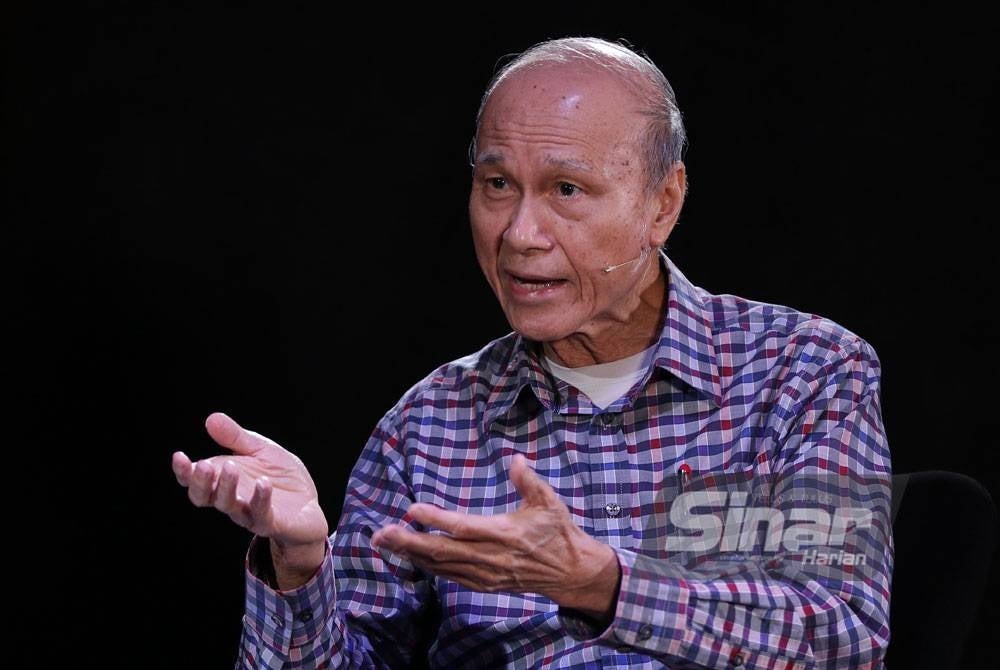Authorities must walk the talk
LEE LAM THYE
In many places in the Klang Valley big yellow plastic bags are being used to hold twigs, leaves and other garden refuse before they are collected for disposal.
What baffles me and, I’m sure, many citizens, is the fact that these plastic bags are actually being used by contractors who have been given the task of clearing roadsides, dividers and public places of such debris.
Every time I see these plastic bags, I wonder why they are being used when single-use plastic bags have already been banned.
I believe that it sends the wrong message to the public that it is still all right to use such plastic bags although there are various biodegradable and environmentally friendly alternatives.
The authorities must walk the talk when dealing with single-use plastic bags. This is important since the government is working to educate the public and raise awareness of the danger of plastic pollution.
The Natural Resources, Energy and Climate Change Ministry (NRECC) recently announced a plan to eliminate usage of plastic bags for retail purposes across all business sectors nationwide by 2025.
According to the Minister concerned, the campaign will be carried out in stages. It will be starting with businesses in fixed location such as supermarkets and retail stores and later in wet markets including roadside stalls.
Having such a plan is most welcome but I believe that implementation is the key to ensuring its impact and effectiveness.
The widespread use of the yellow plastic bags by garbage concessionary companies is certainly not setting the right example in the light of the government’s plan to phase out and reduce single-use plastic.
Furthermore, improved waste management and responsible production and consumption of plastics should also be looked into.
The rampant use of plastic bags by landscaping and garbage collecting firms until today reflects the attitude of Malaysians who want everything to be easy instead of finding a better solution, such as using bamboo baskets that can be reused many times (apart from also being biodegradable).
In the federal government’s Roadmap Towards Zero Single-use Plastics 2018-2030 announced in October 2018, it was revealed that Malaysia is a global player in the plastics industry with currently about 1,300 plastics manufacturers.
Plastic pollution is now a global problem and must be addressed in a sustainable manner by balancing economic growth with environmental protection, in line with the United Nation’s Sustainable Development Goals, which Malaysia subscribes to.
We must support the government’s plans to address single-use plastics by encouraging the plastics industry to produce eco-friendly products. It will ensure the industry will adopt green technologies while safeguarding the environment.
The roadmap prepared by the Government should be used as a guide towards zero single-use plastics in Malaysia in a holistic manner.
Under the roadmap, Malaysia will eliminate single-use plastics by 2030. Although some quarters have expressed concerns that the 12-year timeline is simply too long to be effective, it actually covers all aspects, including offering suggestions to plastics manufacturers on how they can transition to alternatives and preparing them to produce more eco-friendly products.
The success of this comprehensive roadmap depends on support from all stakeholders, namely the state governments, manufacturers, suppliers, business operators, non-governmental organisations, and the public.
I hope all government agencies and their contractors, at the very least, will from now on find a better alternative to single-use plastic bags. We must look for environmentally friendly products to help us achieve the target sooner than expected.
Government agencies and the local authorities must lead by example to help reduce plastic pollution including banning the use of plastic bags at all levels – including by their own contractors – and not only among shoppers.
Tan Sri Lee Lam Thye is Alliance for a Safe Community chairman.
The views expressed in this article are the author's own and do not necessarily reflect those of Sinar Daily.










